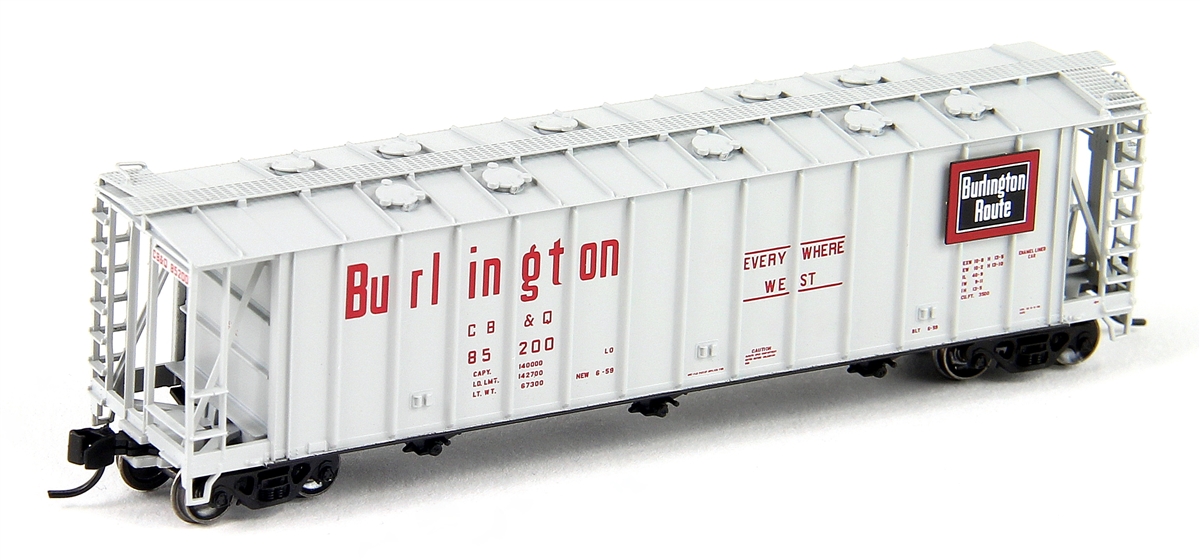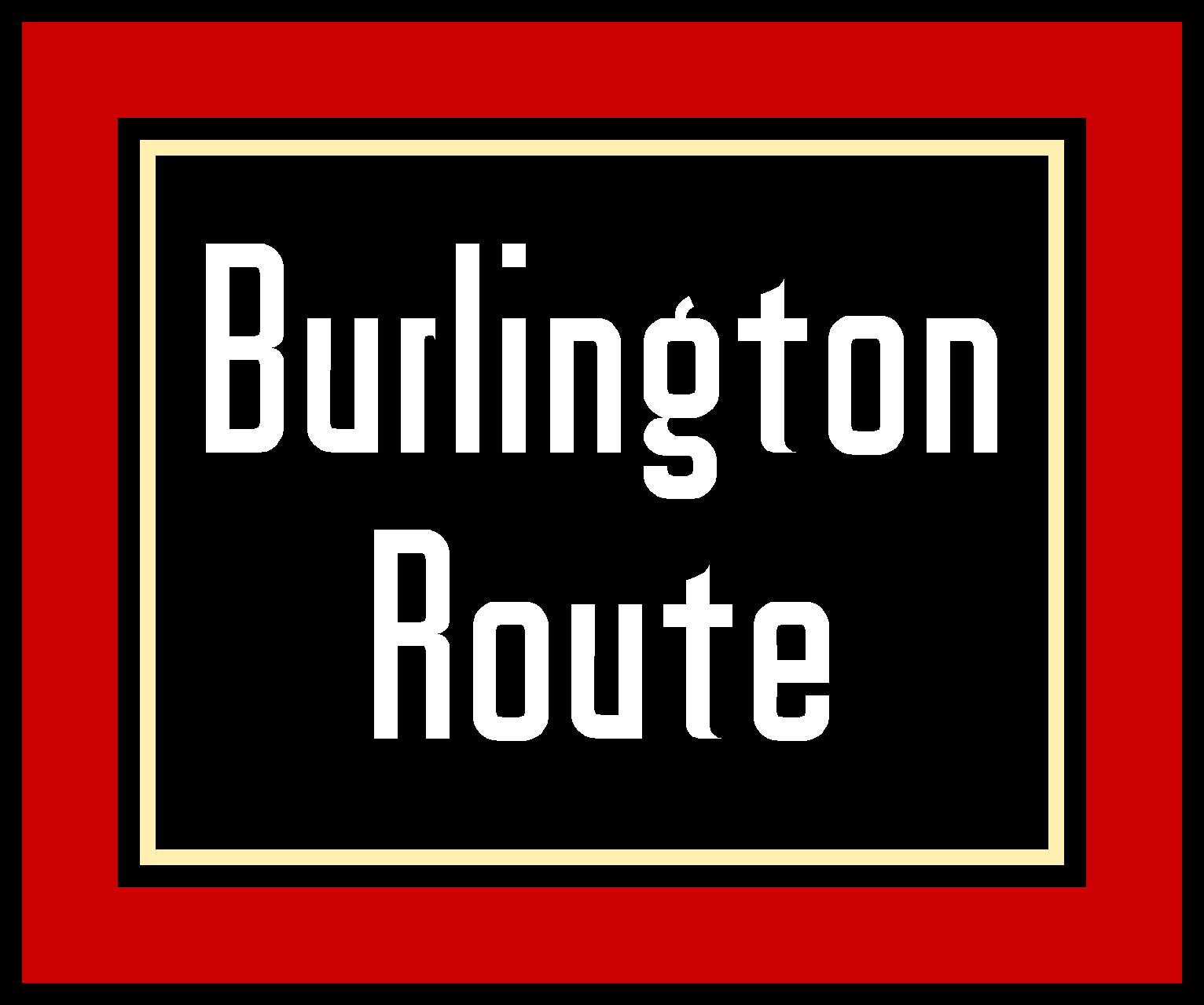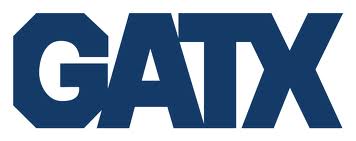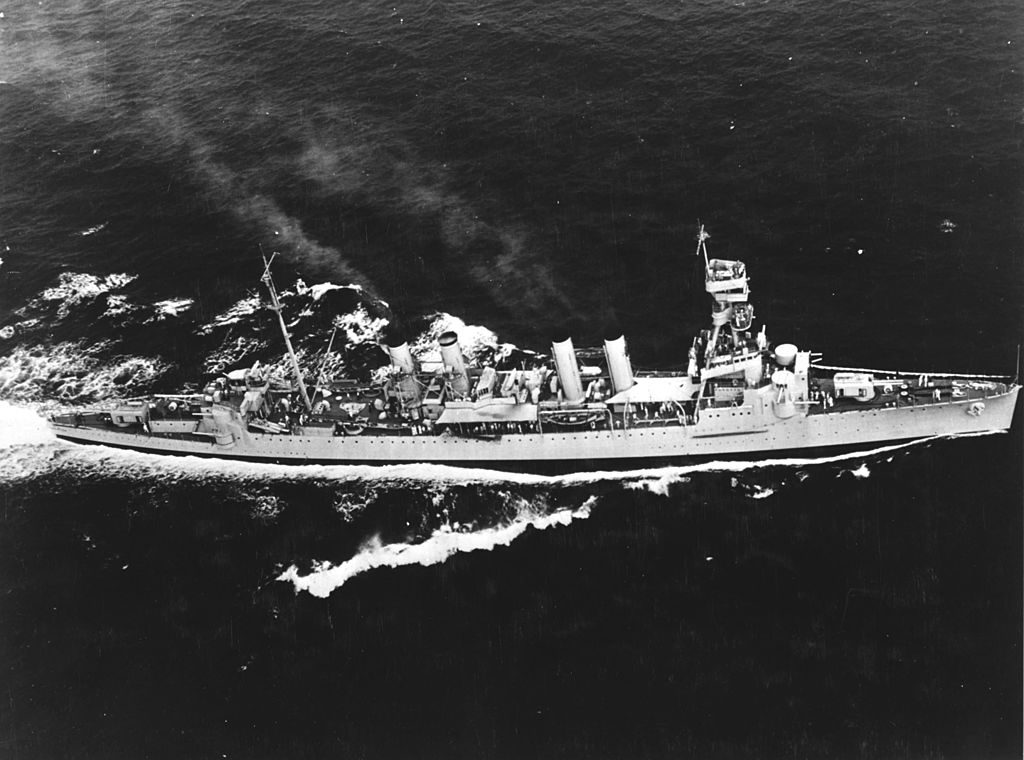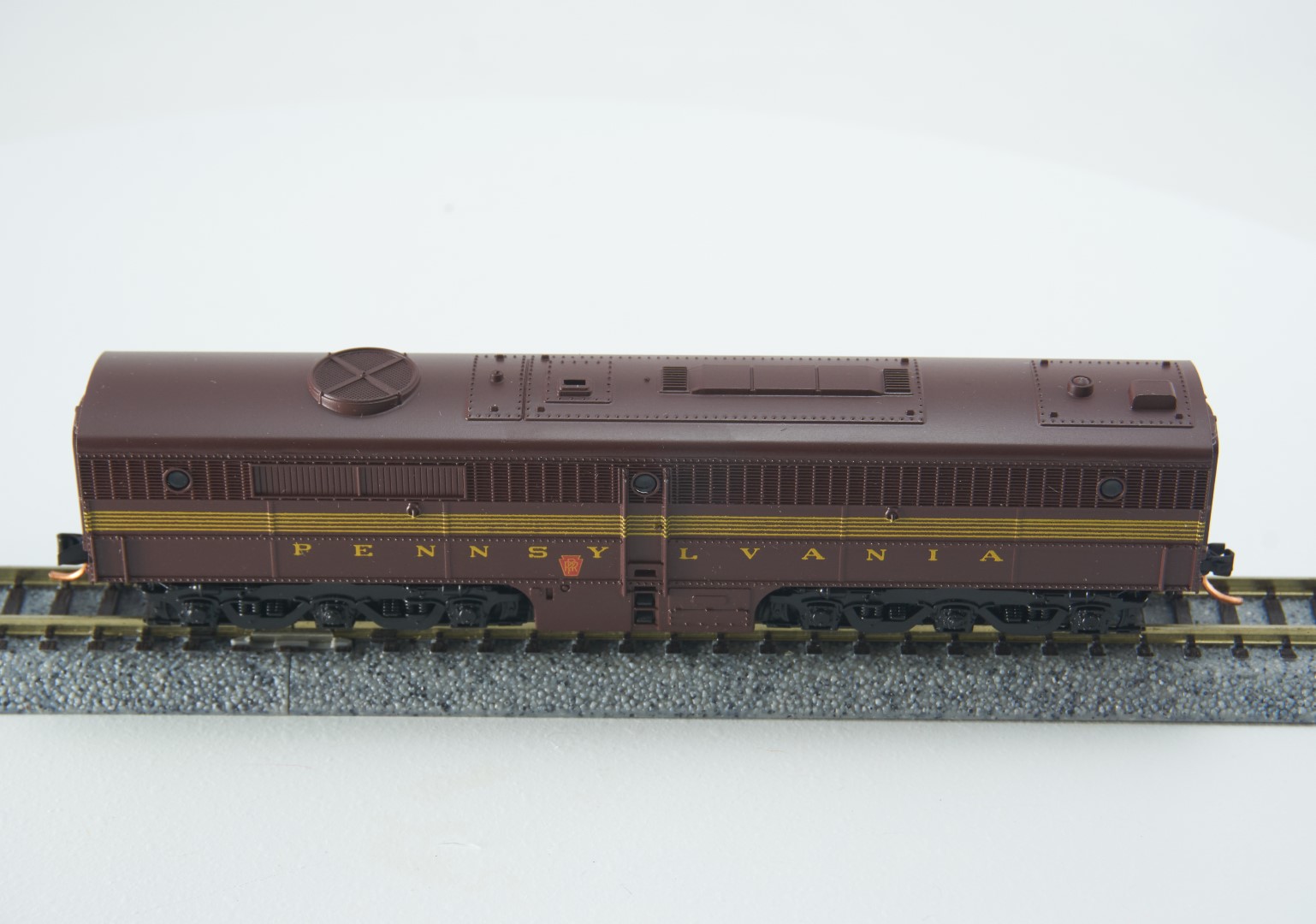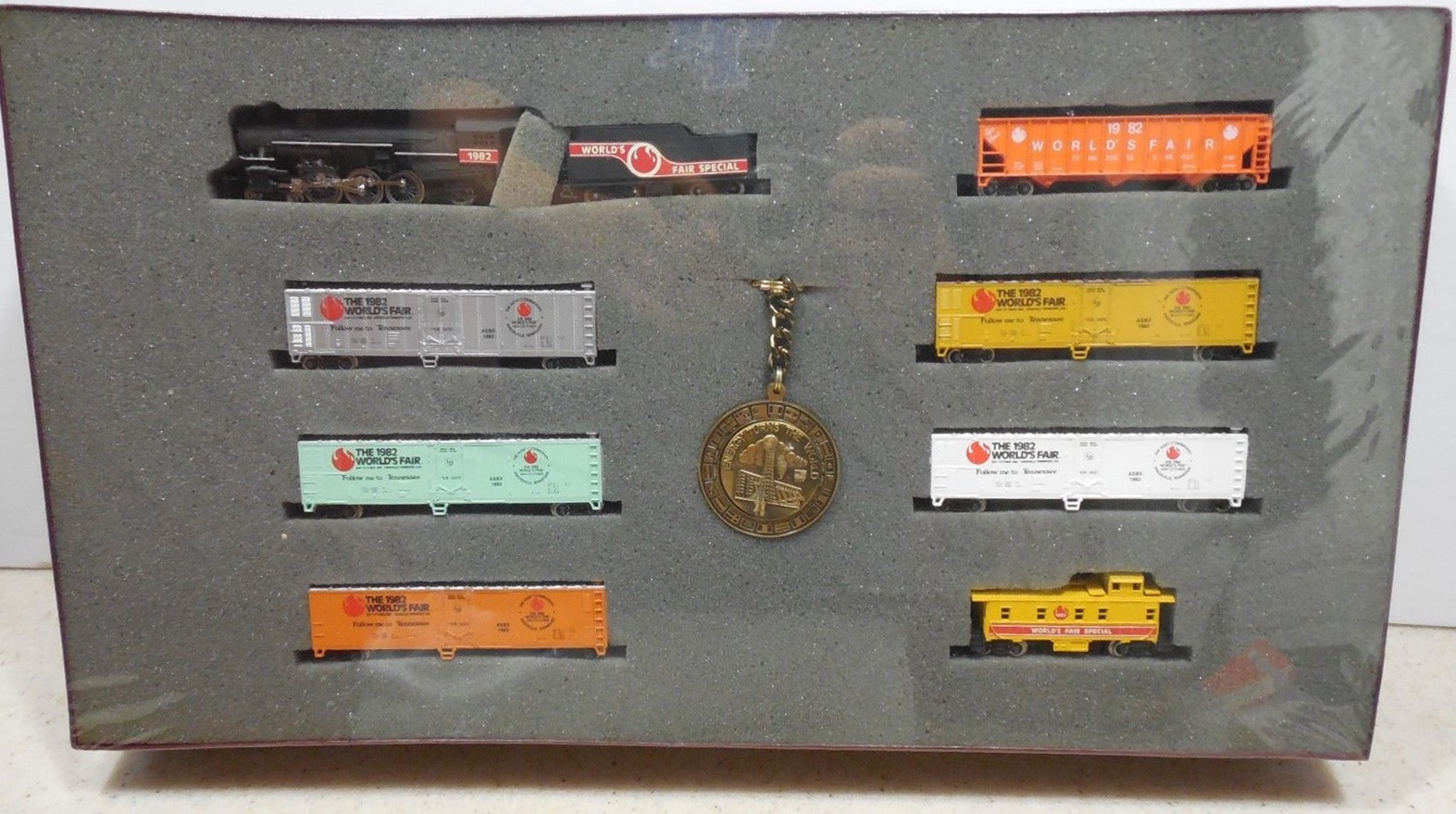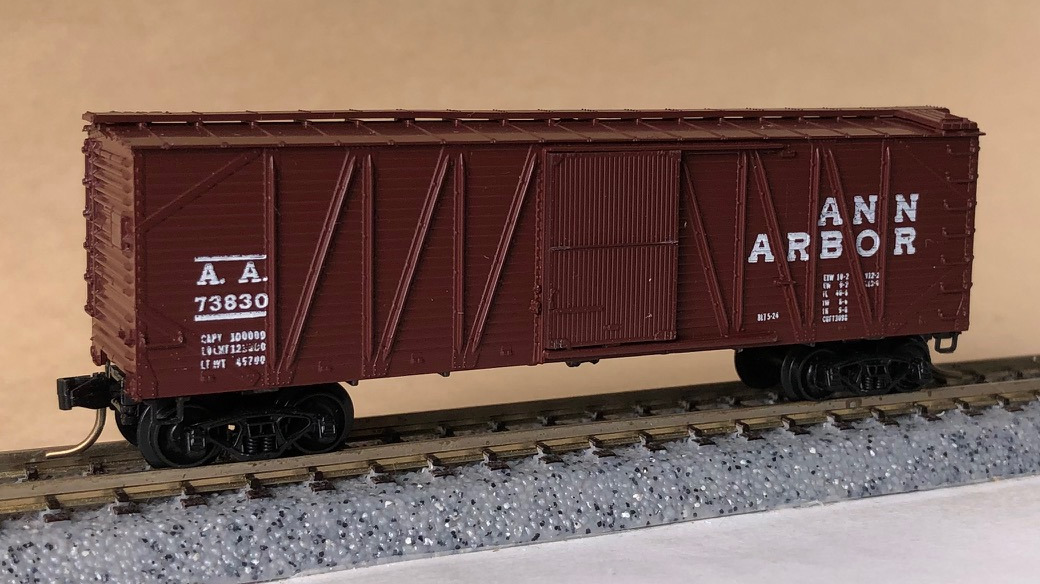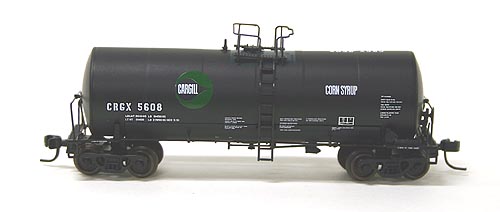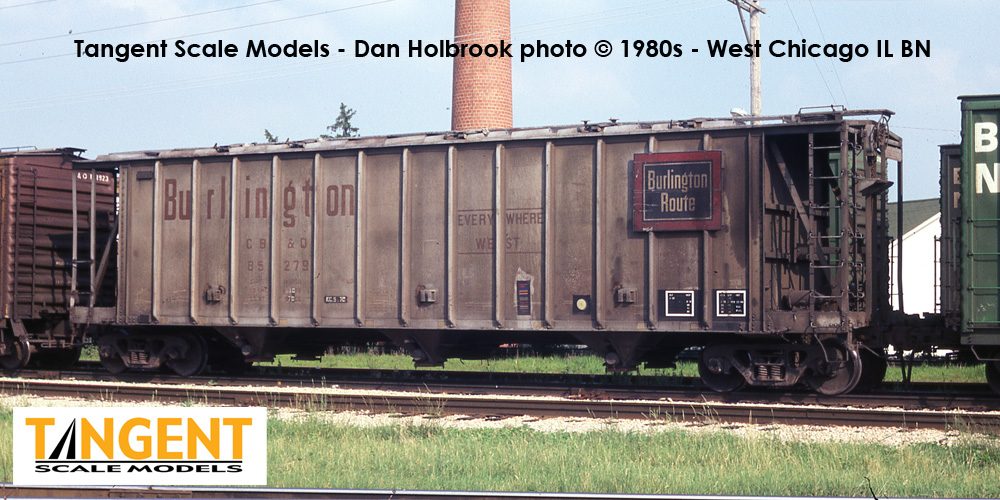Model Information: These models were designed to match the prototype - down to the last detail! Engineered from prototype blue prints, the N Scale Dry-Flo will feature an accurate attention to both body and paint detail as you've come to expect from BLMA Models. Separate placards depending on the paint job to 'lacy' roofwalks and etched brake-wheel platforms - this model has it all!
Features: Fine-Scale Detail; Separate Brake Detail; Chemically Etched Brake Platform; Accurately Painted/Printed; Prototypical Ride Height; BLMA 70-Ton ASF Ride Control Trucks; BLMA 33" Scale Profile Metal Wheels.
Features: Fine-Scale Detail; Separate Brake Detail; Chemically Etched Brake Platform; Accurately Painted/Printed; Prototypical Ride Height; BLMA 70-Ton ASF Ride Control Trucks; BLMA 33" Scale Profile Metal Wheels.
Prototype History: General American Transportation Corporation produced a large fleet of 3500 cubic foot “Dry-Flo” covered hoppers beginning in 1959 as a response to customer demands for larger covered hoppers capable of handling bulk commodities. While covered hopper innovations during the 1950s proved valuable to bulk shippers, they wanted covered hoppers that could handle larger quantities of specialized commodities such as such as oats, malt, and rice. Coincidentally, plastic pellet producers were also looking for larger cube covered hoppers that could be easily loaded and unloaded under pressure. The Dry-Flo family of cars was General American’s answer to this call, with gravity-pneumatic or pneumatic-only discharge options available through three different outlet gate versions. These outlet gate variations were marketed as the Dry-Flo, Dry-Flo Chem, and Dia-Flo. Dry-Flo production ended in 1962, however these cars lasted in service well into the 1990s.
Road Name History: The Chicago, Burlington and Quincy Railroad (reporting mark CBQ) was a railroad that operated in the Midwestern United States. Commonly referred to as the Burlington or as the Q, the Burlington Route served a large area, including extensive trackage in the states of Colorado, Illinois, Iowa, Kentucky, Missouri, Montana, Nebraska, Wisconsin, Wyoming, and also in New Mexico and Texas through subsidiaries Colorado and Southern Railway, Fort Worth and Denver Railway, and Burlington-Rock Island Railroad.[citation needed] Its primary connections included Chicago, Minneapolis-St. Paul, St. Louis, Kansas City and Denver. Because of this extensive trackage in the midwest and mountain states, the railroad used the advertising slogans "Everywhere West", "Way of the Zephyrs", and "The Way West". It merged into Burlington Northern in 1970.
In 1967, it reported 19,565 million net ton-miles of revenue freight and 723 million passenger miles; corresponding totals for C&S were 1,100 and 10 and for FW&D were 1,466 and 13. At the end of the year CB&Q operated 8,538 route-miles, C&S operated 708 and FW&D operated 1362. (These totals may or may not include the former Burlington-Rock Island Railroad.)
Information sourced from Wikipedia
In 1967, it reported 19,565 million net ton-miles of revenue freight and 723 million passenger miles; corresponding totals for C&S were 1,100 and 10 and for FW&D were 1,466 and 13. At the end of the year CB&Q operated 8,538 route-miles, C&S operated 708 and FW&D operated 1362. (These totals may or may not include the former Burlington-Rock Island Railroad.)
Information sourced from Wikipedia
Brand/Importer Information: In 1924 Stephan Schaffan, Sr. founded the Atlas Tool Company in Newark, New Jersey. In 1933 his son, Stephan Schaffan, Jr., came to work for his father at the age of sixteen. Steve Jr. built model airplanes as a hobby and frequented a local hobby shop. Being an enterprising young man, he would often ask the owner if there was anything he could do to earn some extra spending money. Tired of listening to his requests, the hobby-store owner threw some model railroad track parts his way and said, "Here, see if you can improve on this".
In those days, railroad modelers had to assemble and build everything from scratch. Steve Jr. created a "switch kit" which sold so well, that the entire family worked on them in the basement at night, while doing business as usual in the machine shop during the day.
Subsequently, Steve Jr. engineered the stapling of rail to fiber track, along with inventing the first practical rail joiner and pre-assembled turnouts and flexible track. All of these products, and more, helped to popularize model railroading and assisted in the creation of a mass-market hobby. The budding entrepreneur quickly outgrew the limitations of a basement and small garage operation. Realizing they could actually make a living selling track and related products, Steve and his father had the first factory built in Hillside, New Jersey at 413 Florence Avenue in 1947. On September 30, 1949, the Atlas Tool Company was officially incorporated as a New Jersey company.
In 1985, Steve was honored posthumously for his inventions by the Model Railroad Industry Association and was inducted into the Model Railroad Industry Hall of Fame in Baltimore, Maryland. In addition, Steve was nominated and entered into the National Model Railroad Association Pioneers of Model Railroading in 1995.
In the early 1990s, the Atlas Tool Company changed its name to Atlas Model Railroad Company, Inc.
In those days, railroad modelers had to assemble and build everything from scratch. Steve Jr. created a "switch kit" which sold so well, that the entire family worked on them in the basement at night, while doing business as usual in the machine shop during the day.
Subsequently, Steve Jr. engineered the stapling of rail to fiber track, along with inventing the first practical rail joiner and pre-assembled turnouts and flexible track. All of these products, and more, helped to popularize model railroading and assisted in the creation of a mass-market hobby. The budding entrepreneur quickly outgrew the limitations of a basement and small garage operation. Realizing they could actually make a living selling track and related products, Steve and his father had the first factory built in Hillside, New Jersey at 413 Florence Avenue in 1947. On September 30, 1949, the Atlas Tool Company was officially incorporated as a New Jersey company.
In 1985, Steve was honored posthumously for his inventions by the Model Railroad Industry Association and was inducted into the Model Railroad Industry Hall of Fame in Baltimore, Maryland. In addition, Steve was nominated and entered into the National Model Railroad Association Pioneers of Model Railroading in 1995.
In the early 1990s, the Atlas Tool Company changed its name to Atlas Model Railroad Company, Inc.
Item created by: gdm on 2017-02-17 18:11:41. Last edited by gdm on 2020-05-30 11:55:29
If you see errors or missing data in this entry, please feel free to log in and edit it. Anyone with a Gmail account can log in instantly.
If you see errors or missing data in this entry, please feel free to log in and edit it. Anyone with a Gmail account can log in instantly.


